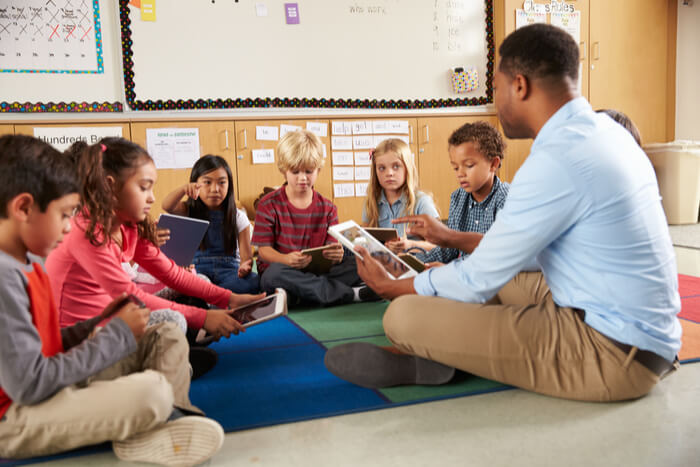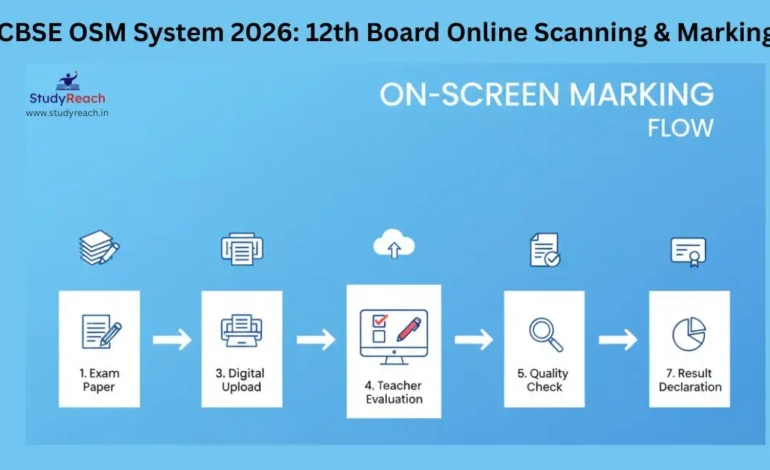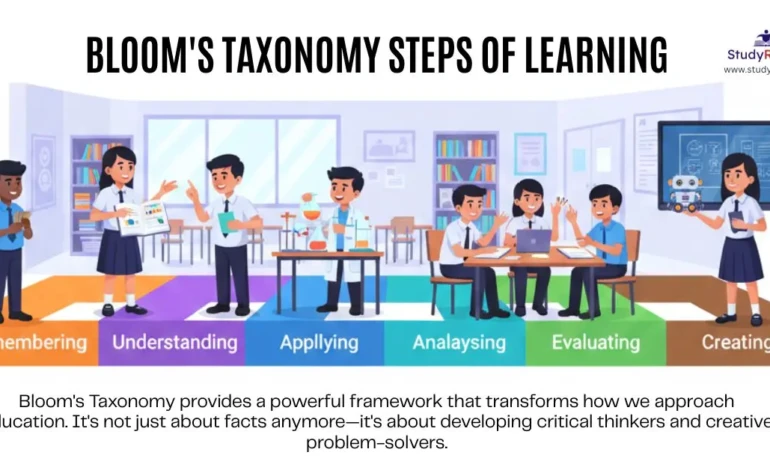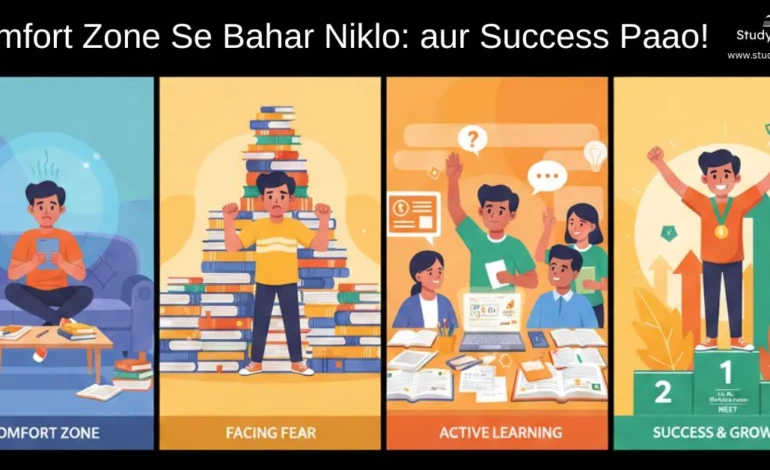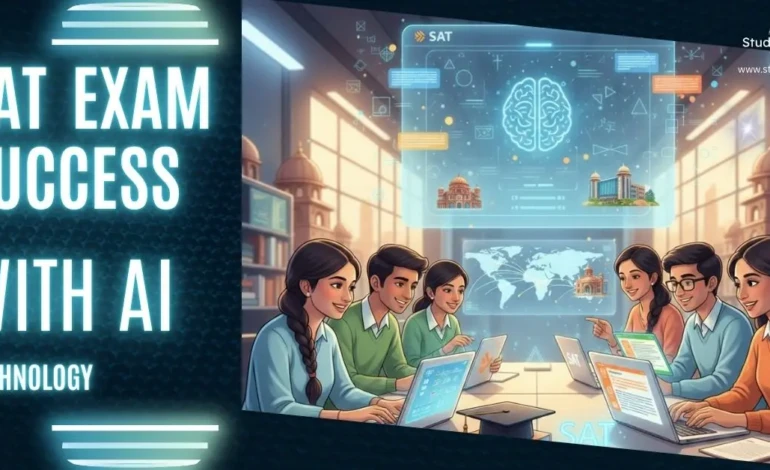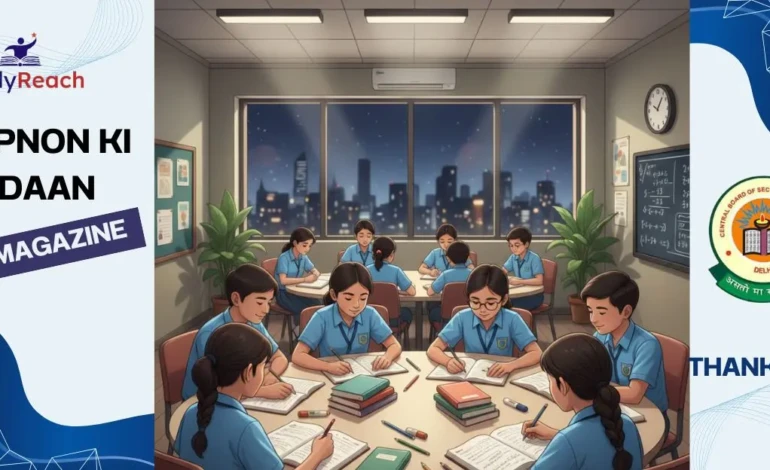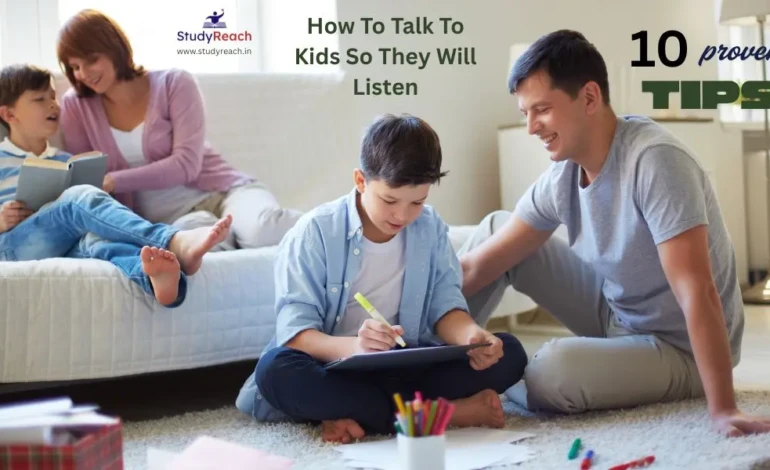“Parental Love vs. Educational Balance: Finding the Middle Ground”
Shailendra Porwal
- December 19, 2023
- 6 min read
- 147 Views
A Parent’s Role in Their Child’s Education
The world is changing quickly, and kids nowadays are more alert and knowledgeable than ever. They have a sophisticated sense of how to handle their relationships, particularly in regards to talking to their parents about their studies and professors. This acquired knowledge frequently entails complex emotional maneuvers, such as controlling their mothers or enlisting the help of their grandparents. Unfortunately, even though these bright young things might be adept at navigating these situations, it’s possible that they aren’t always really committed to their academic pursuits. In the meantime, parents frequently experience difficult circumstances because they are so engaged in their child’s achievement.

Blaming shifting in Education :
When pupils don’t spend enough time studying at home, one typical situation occurs. When their lack of effort leads to substandard academic performance, they can skillfully place the blame on their educators and educational institutions. They may argue that their instructors are incompetent, that they are unable to understand the subject, or that every student in the class has the same problems. Parents who are worried about their child’s welfare pay attention to their complaints and quickly believe what they say without checking the details. The question that comes up is: Why do parents usually go to the defense of their kids so quickly without trying to learn the whole story?
“At the end of the day, the most overwhelming key to child’s success is the positive involvement of parents”
Jane D. Hull
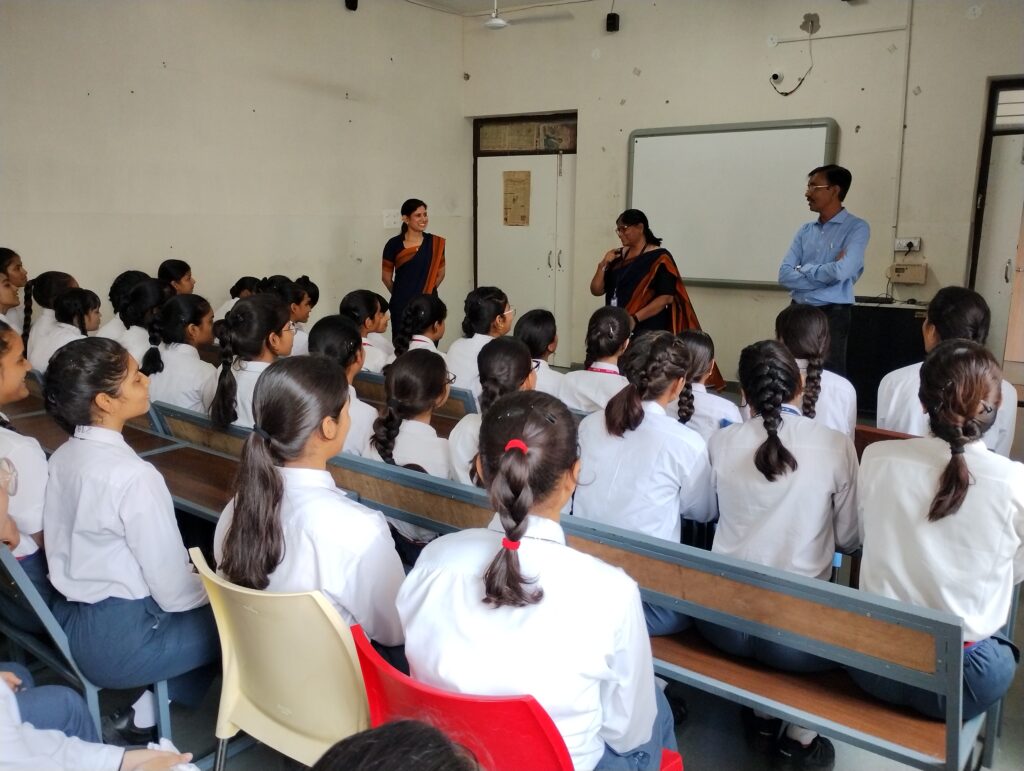
“The best inheritance a parent can give his children is a few minutes of his time each day”
O.A.Battista
The Growing Gap: Teachers vs. Parents
This dilemma exacerbates the growing gap between teachers and students. Teachers who are committed to giving their students a top-notch education may be at a disadvantage when parents jump to their kids’ defense without taking the bigger picture into account. Parents’ prompt intervention unintentionally gives students more power, enabling them to keep employing these strategies for their benefit. This loop has the potential to obstruct productive dialogue and cooperation between educators, parents, and schools, which will ultimately impact the students’ educational experience.
Tech Integration: Blessing and Burden
There is no denying the importance of technology in the constantly changing field of education. Mobile devices have become essential learning tools, especially tablets and smartphones. This change has been welcomed by many schools, who have integrated technology into the curriculum. But this good change also comes with some difficulties, especially when it comes to student accountability and responsibility.
Mobile Devices: Tools or Distractions?
One common excuse is the claim that students need their mobile devices for school assignments. They argue that their teachers have instructed them to use online resources or applications to complete tasks. This rationale often serves as a cover for non-educational activities, leading students down a slippery slope of distraction and procrastination.
Addressing Technology Abuse
The abuse of mobile devices is one significant problem that adds to the complexity of the parent-teacher interaction. Even though using mobile devices in class is expressly forbidden by school policy, students usually come up with a variety of justifications for doing so. These justifications frequently center on what appear to be good educational justifications, casting a shadow of doubt that can perplex parents and educators alike.
Excuses and Deception
The argument that students require their mobile devices for school tasks is a typical justification. They contend that their instructors have given them instructions to complete assignments using internet tools or resources. This justification is frequently used to justify extracurricular activities, which sends students into a procrastination and distraction loop.
The appeal for greater understanding is another illusion. Students may claim that in order to access instructional content on websites like YouTube, they must have their mobile devices. Although there are many excellent instructional resources on the internet, students occasionally take advantage of this excuse to explore irrelevant and non-educational material, further taking them away from their studies.
Perhaps one of the most insidious excuses is the purported need for answers or solutions to questions given by teachers. Some students claim that they require immediate access to online forums or answer keys to understand their assignments better. Unfortunately, this often leads to shortcut-seeking behavior rather than genuine learning. Students may grow dependent on external resources and lose the opportunity to grapple with challenges, develop problem-solving skills, and engage in the process of critical thinking.
Parental Zeal and Balanced Support
These dishonest tactics have far-reaching consequences. They not only undermine trust in the parent-teacher connection also have an adverse effect on pupils’ academic achievement by drawing their attention away from their studies. Unaware of the deception, parents could unintentionally encourage their child’s argument that using a mobile device for school is essential. They unintentionally feed the cycle of dishonesty by doing this.
To address this issue, it is essential that parents and educators continue to be watchful and keep lines of communication open. Technology abuse needs to be recognized and addressed even if it can be a very effective teaching tool. Together, parents and educators can help children use their mobile devices responsibly and productively, ensuring that they really improve rather than detract from the learning process. Rebuilding trust within the educational triad and fostering an environment that is transparent and healthy for students to flourish depend heavily on this open discourse.
Fostering Open Communication
So, why are parents so overzealous in their support of their children? The answer lies in their deep love and concern for their offspring’s well-being and future. However, in their desire to shield their children from any difficulties, parents might inadvertently hinder their personal growth and development. It’s essential for parents to understand that their child’s journey in education involves challenges and obstacles, and these experiences can be valuable life lessons.
We have to teach parents to be balanced and to communicate openly. It is imperative that parents continue to be involved in their children’s education while also keeping an open mind on the matter. Parents should try to get in touch with the school or the involved staff in order to have a more thorough knowledge of the problem, rather than just accepting their child’s comments without question. In addition to providing their kids with better support, this will help parents and educators have more fruitful conversations. Parents should not ignore PTM.
The Education Triangle : Challenges and Solutions
In summary, there are many facets to the delicate balance that exists between educators, parents, and students. Parents need to understand that their kids will have difficulties and may use cunning strategies to get out of trouble. Parents should analyze the facts, approach these circumstances with an open mind, and actively participate with teachers and schools in order to close the achievement gap and guarantee their children receive the finest education possible. We can establish an environment where parents, instructors, and students collaborate to achieve academic success and personal growth by practicing good communication and cooperation.
To maintain the communication between Parents, Teachers and the children, it is must to attend the PTM whenever it is organized by the school. Click an article on “Importance of PTM”
https://studyreach.in/ptm-parents-teacher-meeting/
